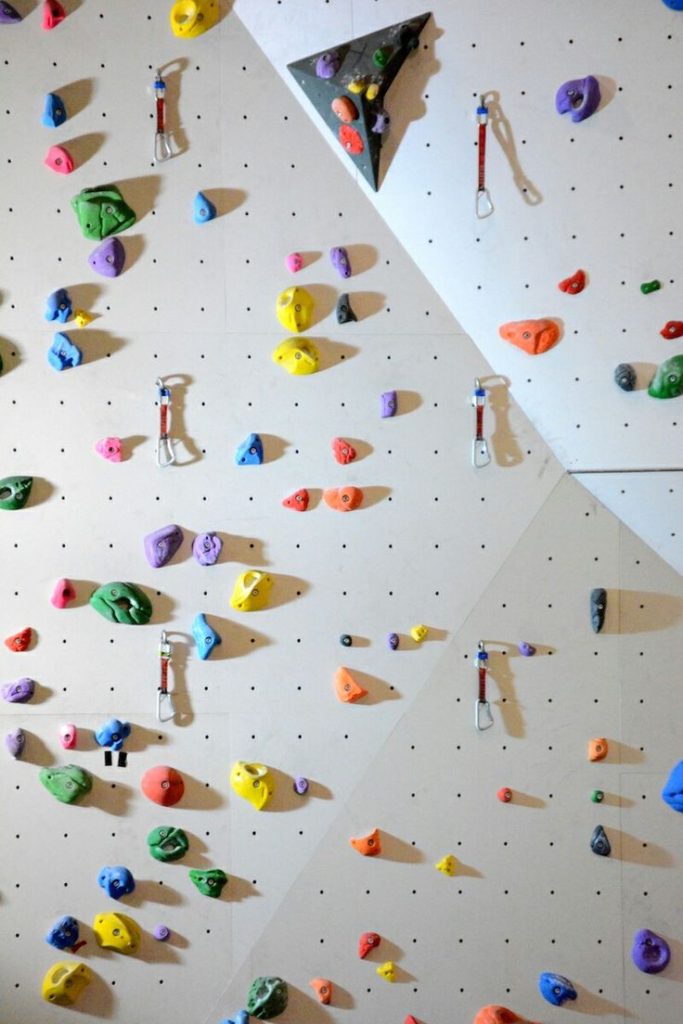Habits of highly effective people, part 2: Think Win-Win
In our journey to unravel the secrets of achieving success in life with the help of Stephen Covey’s ‘The 7 Habits of Highly Effective People’, we look into our second favourite habit: Think Win-Win®.
In the first blog of this series, we emphasized the significance of “Beginning with the End in Mind,” a habit that sets the stage for success by helping us define our goals and stay focused. Now, it’s time to explore how embracing a win-win mindset can help us develop more meaningful relationships, and improve our circumstances now and in the future.
Understanding the Win-Win Mindset
Think Win-Win® is not just a catchy phrase; it’s a powerful paradigm shift that can transform the way we approach professional relationships. At its core, this habit advocates for a mindset of mutual benefit, where success is not a zero-sum game. In other words, your success doesn’t have to come at the expense of others – there’s room for everyone to thrive.
The Collaborative Advantage
In the competitive landscape of today’s professional world, the idea of collaboration often takes a back seat to individual achievements. However, adopting a win-win mindset challenges this notion. It prompts us to seek solutions that benefit both parties, cultivating an environment where everyone can succeed together.
Imagine working on a project where each team member is not solely focused on personal gains, but is actively contributing to the collective success of the team. This collaborative advantage not only enhances the quality of work, but also creates a positive and empowering work culture.
Effective Communication
Thinking ‘win-win’ is not merely about the end result; it’s about how we get there. Effective communication is the linchpin of this habit. By actively listening to others’ perspectives, understanding their needs, and expressing our own thoughts clearly, we pave the way for collaborative solutions.
In the professional world, successful communication is more than just exchanging information. It’s about building bridges of understanding and empathy. When colleagues and collaborators feel heard and valued, a foundation of trust is established, laying the groundwork for mutually beneficial outcomes.
Redefining Negotiations
Negotiation is a common aspect of professional life, whether it’s discussing project timelines, salary negotiations, or resolving conflicts. A win-win approach to negotiation reframes the process. Instead of viewing it as a win-lose scenario, we strive for solutions that address the concerns of all parties involved.
Negotiating with a win-win mindset requires creativity and a focus on common goals. It involves finding compromises that meet everyone’s needs without sacrificing the essence of the deal. This not only strengthens relationships but also ensures the sustainability of agreements over the long term.
Building Lasting Relationships
One of the most significant benefits of adopting the Think Win-Win® habit is the ability to build lasting and meaningful relationships. In a professional context, where networking plays a crucial role in career advancement, cultivating positive connections is invaluable.
When colleagues, clients, and collaborators perceive you as someone who genuinely seeks mutual success, doors of opportunity swing open. People are more likely to refer you for opportunities, collaborate on projects, and support your career growth when they recognize your commitment to shared success.
Practical Tips for Thinking Win-Win
- Active listening. Make a conscious effort to listen to others without formulating your response while they speak. Understand their perspectives before articulating your own.
- Seek common cround. Identify shared goals and interests in professional interactions. Emphasize collaboration rather than competition.
- Communicate clearly. Use clear and concise language to express your thoughts and expectations. Avoid ambiguity to prevent misunderstandings.
- Collaborate on solutions. When faced with challenges, involve all stakeholders in finding solutions. Embrace a problem-solving mentality that benefits everyone involved.
- Build trust. Consistently demonstrate integrity and reliability. Trust is the foundation of any successful collaboration, and it is built through consistent actions over time.
Final Thoughts
In a world that often glorifies individual success, the Think Win-Win® habit serves as a powerful reminder that our achievements are not isolated events. By fostering a mindset of collaboration and mutual benefit, we not only enhance the quality of our work but also create a ripple effect of success that extends to those around us.
Through effective communication, collaboration, and a genuine desire for shared success, we unlock doors to unprecedented opportunities and create a workplace culture where everyone can thrive.




